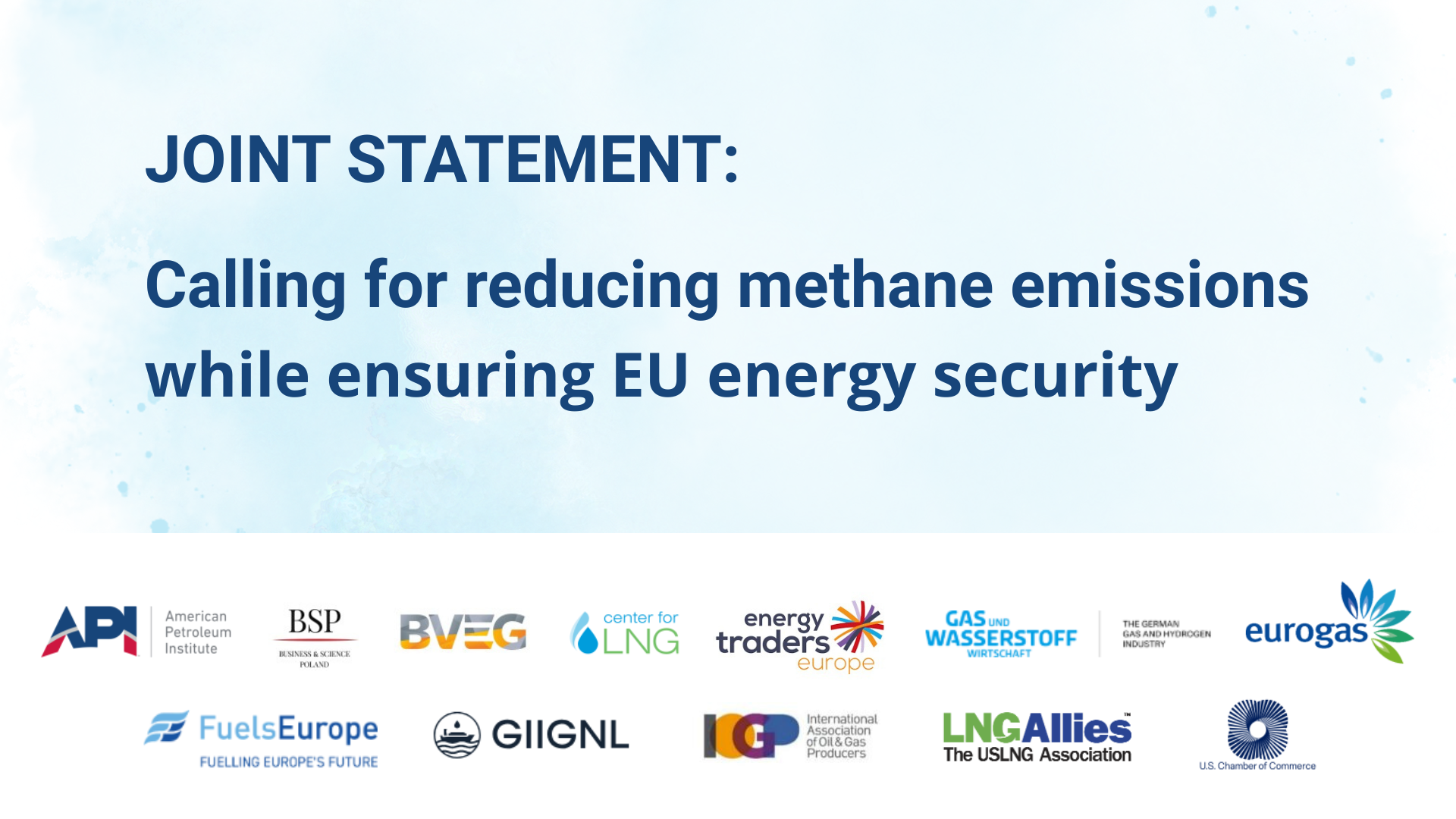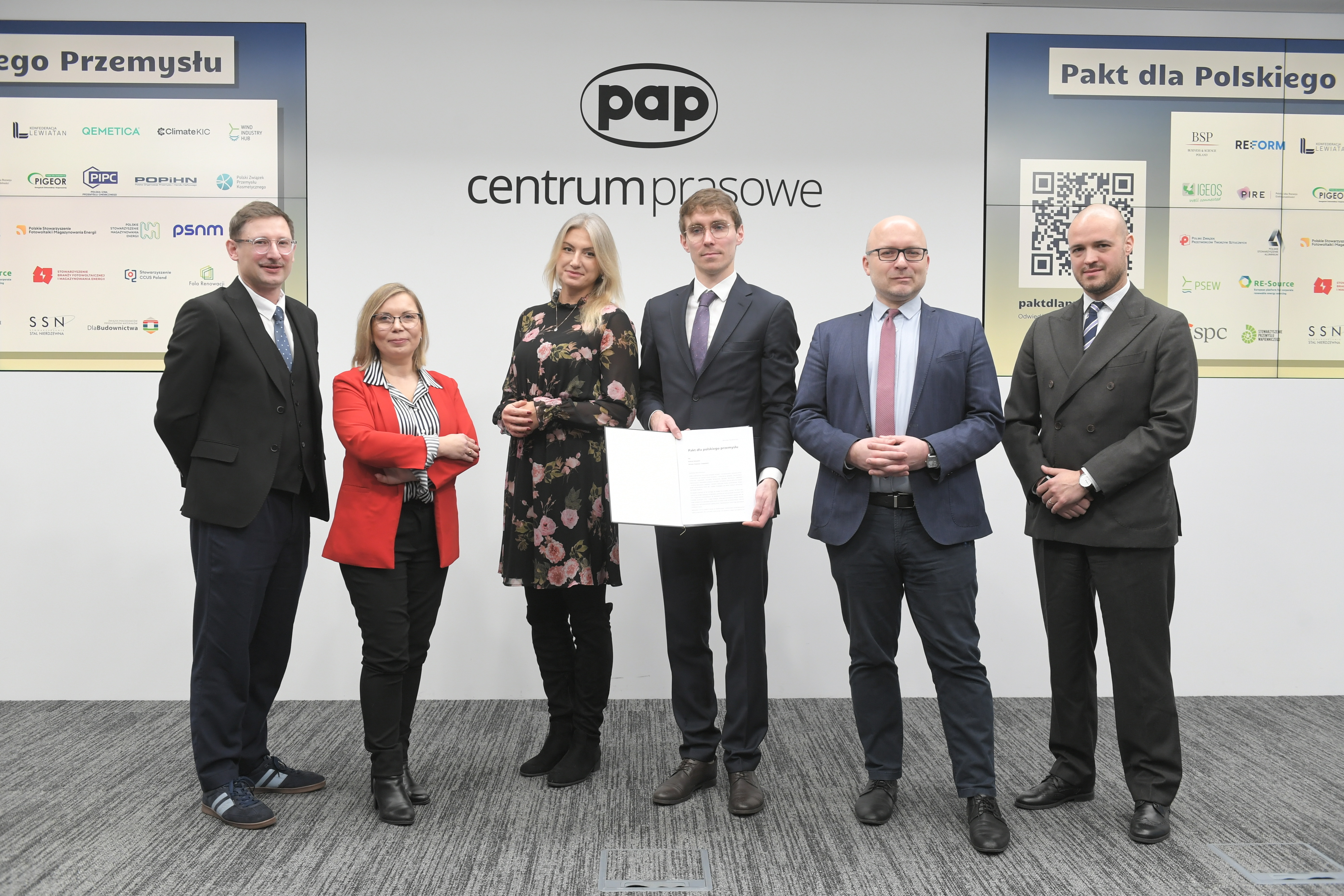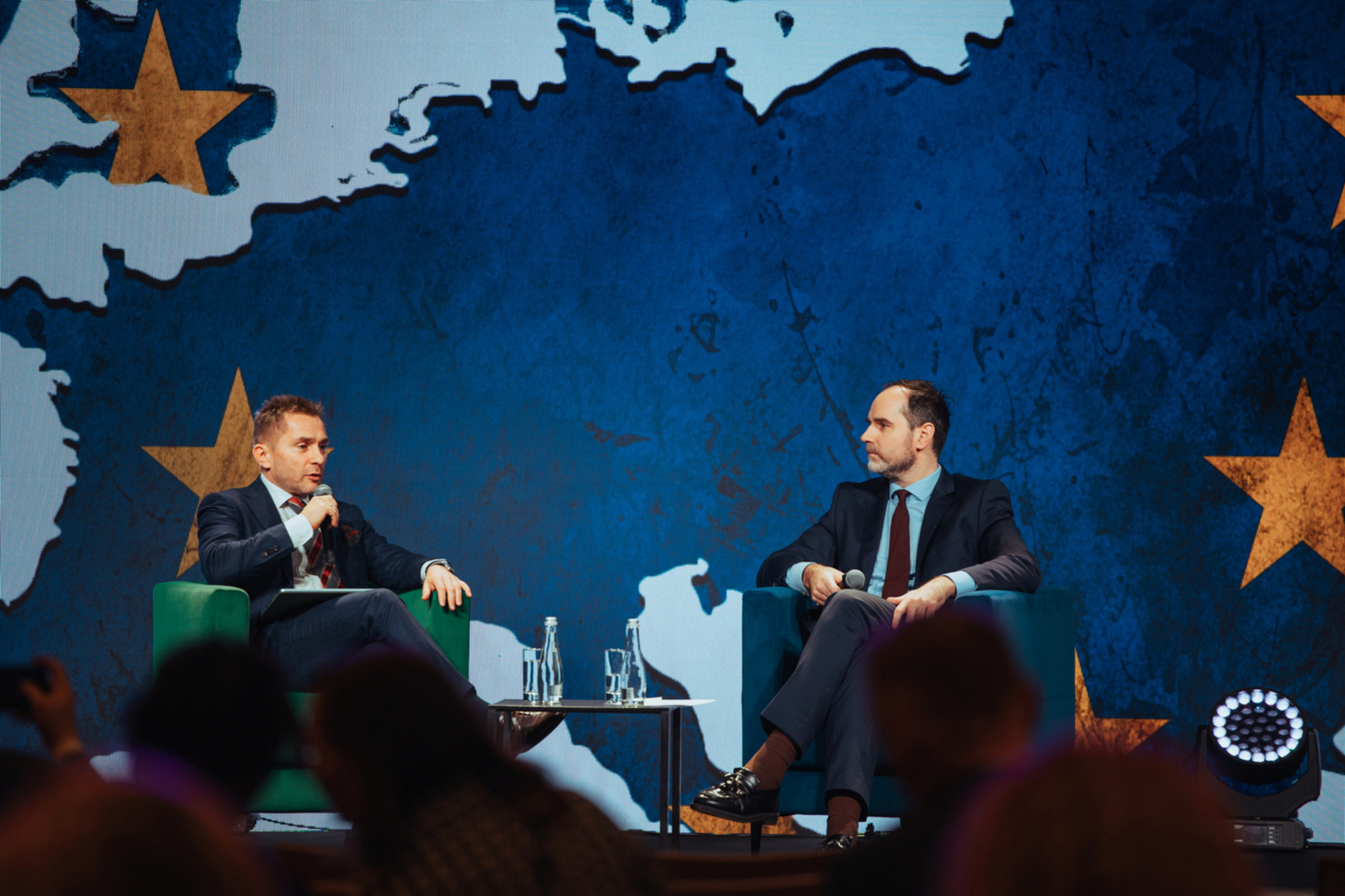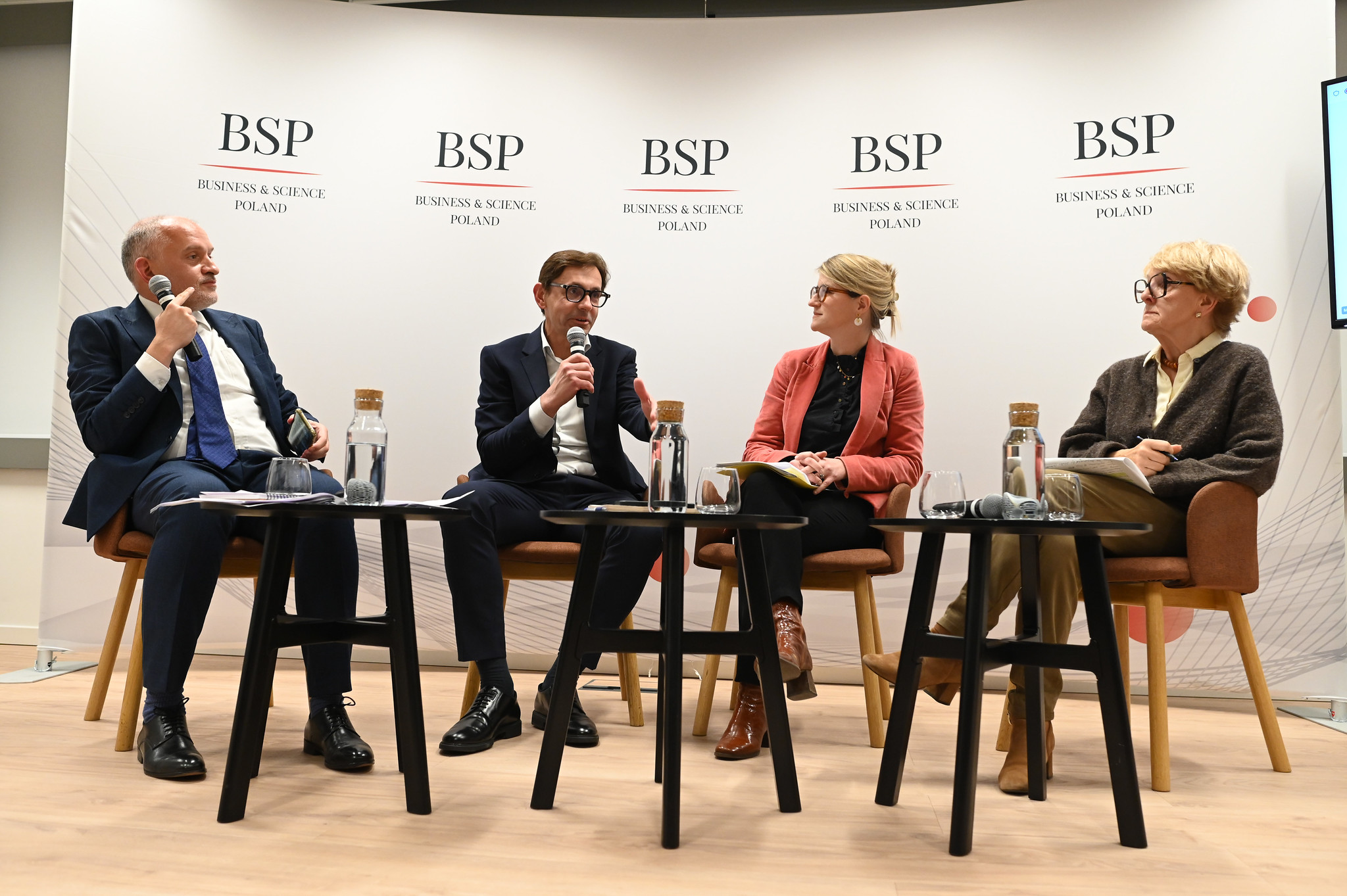Event under the title ”Competitiveness and... Climate Policy Outlook: Post-Baku and Post-U.S. Election”, which took place at the headquarters of Business & Science Poland in Brussels on 19 December and was organized by BSP in cooperation with the Energa Group, concerned the consequences of the Conference of the Parties to the Climate Convention (COP) in Baku and Poland's preparations for holding the Presidency of the Council of the EU in the first half of 2025. On 16 and 17 December, the Environment Council and the Energy Council and the European Council were held during the event. The topic, time and place of the debate are part of the ongoing discussions at EU level.
The event began with two keynote speeches:
• Roman Szyszko, Vice President, Energa Group
• Vaqif Sadiqov, Ambassador of Azerbaijan to the European Union
The debate, moderated by Dariusz Dybka from BSP, was attended by representatives of the European Commission, think tanks, a representative of the Polish administration, the main EU negotiator at the COP and business and the head of the Institute of Environmental Protection:
• Jacob Werksman, Principal Adviser for International Aspects of EU Climate Policy, DG CLIMA, European Commission
• Robert Jeszke, CEO, KOBIZE CAKE
• Grzegorz Grobicki, Climate Negotiator, Permanent Representation of Poland to the EU
• Ursula Woodburn, Director, CISL Europe
• Linda Kalcher, Executive Director, Strategic Perspectives.
During the meeting, many topics important from the point of view of the Polish economy were touched upon, including the UNFCCC format, EU external relations, the Union's climate target for 2040, mechanisms such as ETS2, EU Competitiveness Fund. In addition, the panelists discussed the priorities of the Polish Presidency of the Council of the European Union, which will begin on January 1, 2025. The participants agreed that, after a dozen years, negotiations on Article 6 of the Paris Agreement were finally concluded. After eleven months of intensive negotiations, at COP29 in Baku, nearly 200 countries signed the “Baku Climate Unity Pact”, aimed at global action against climate change. A key achievement was the adoption of the New Collective Quantitative Goal (NCQG), which assumes the mobilization of at least $300 billion per year by 2035, and a target of $1.3 trillion, mainly to support developing countries. Agreement was also reached on the full implementation of Article 6 of the Paris Agreement on coal markets. However, not all issues have been successful — talks on the Global Summary of Progress (GST) and the Work Agenda for a Just Transition have not yielded final results. Difficulties have also arisen in setting the Global Adaptation Target. Despite progress, it was stressed that many issues needed further work, especially on the implementation and monitoring of the new agreements.
The discussion that took place is highly relevant for international processes and the EU in the perspective of the 2040 target and the Clean Industrial Deal package. The panelists' statements indicated that the UN format will evolve over the course of 2025 — the COP presidency in Brazil will not be able to reverse the negative attitude of the US. The EU's role remains crucial and is further hampered in the light of competitiveness. In addition, it is necessary to address both the financial aspect of the Clean Deal, but also the structural, possibly even the functioning of the EU itself. During the Polish Presidency, there will be signals about systemic solutions — such as the common debt, EU enlargement, a fair return on investment and the role of stakeholders in the law-making process.

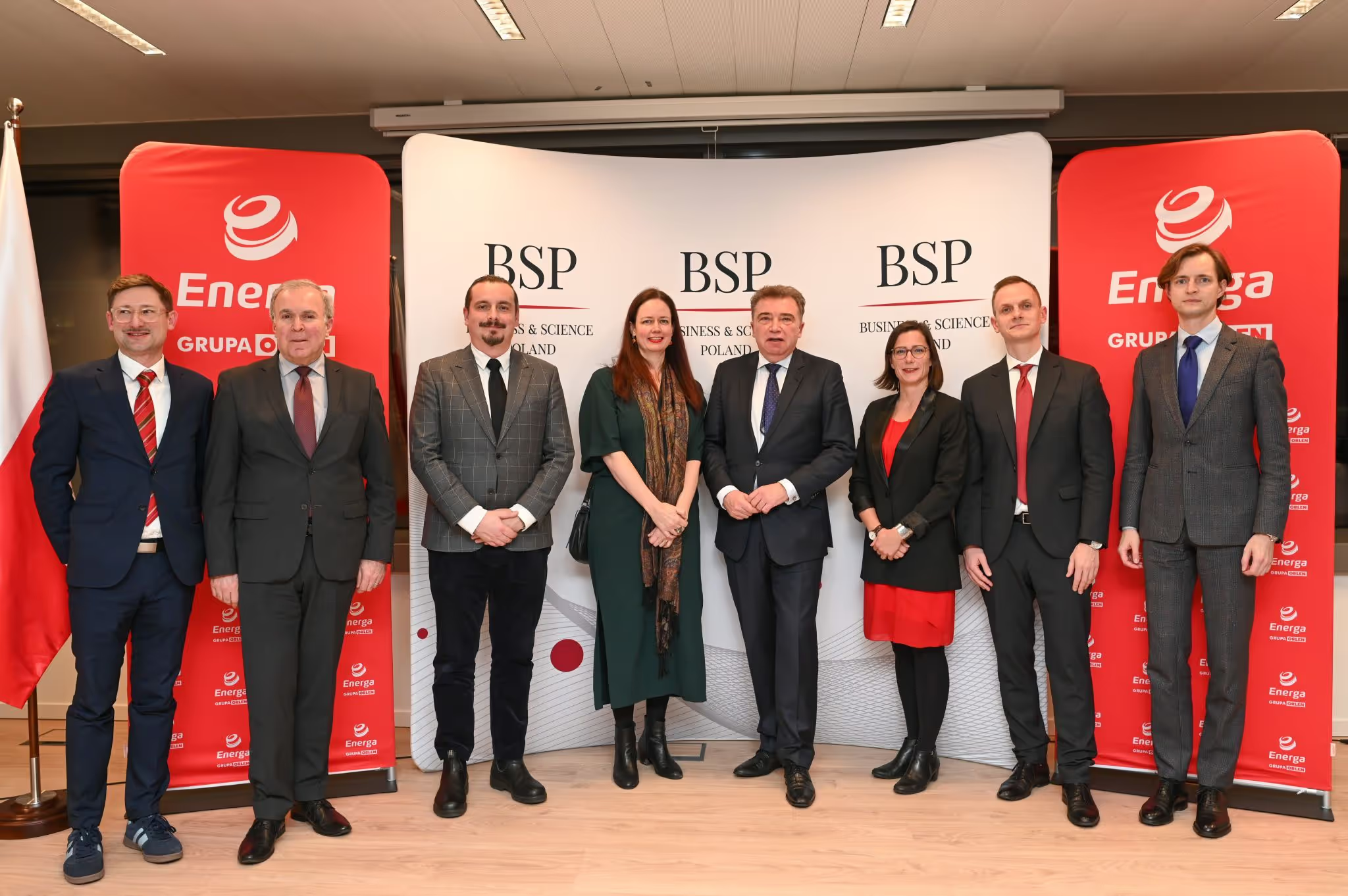
.jpg)
